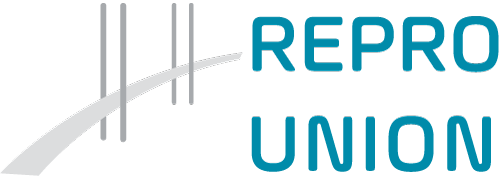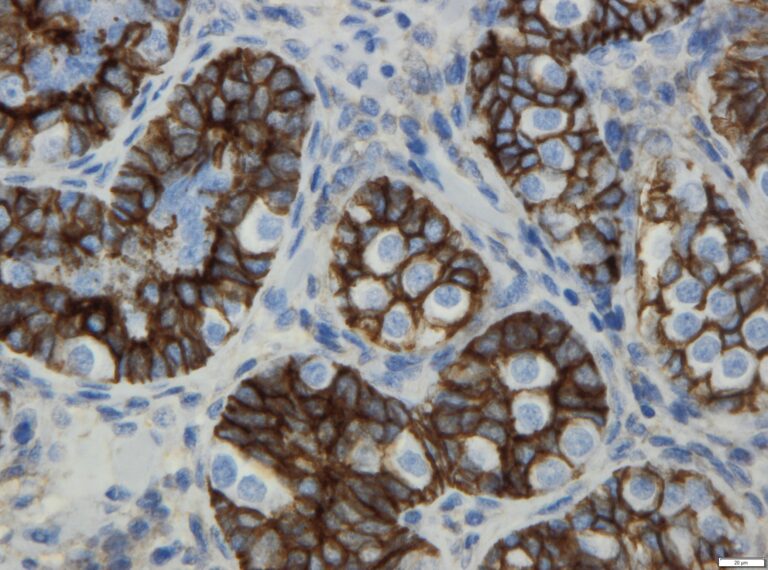Infertility is a growing problem and in Denmark every 10th child is born after assisted reproduction. Male infertility plays a role in half of the cases and despite increased research focus, there are still reproductive diseases that cannot be treated. Infertility also affects pre-pubescent boys who are diagnosed with cancer and must undergo treatment that potentially destroys their ability to have children later in life.
“With our project, we want to show that testicular tissue and spermatogenic stem cells can be frozen and transplanted back into the same man to restore fertility. In this way, both men with non-obstructive azoospermia and long-term survivors of childhood cancer will have an opportunity to have children of their own,” says Christian Fuglesang S. Jensen, MD at Herlev Hospital and part of the research team with Professor Jens Sønksen, who received the DKK 2,056,227 grant end of September 2022.
Non-obstructive azoospermia is the lack of sperm cells in the seminal fluid and so far, the only option to treat it is by surgical retrieval of sperm cells from the testicles. In June 2022 Christian successfully defended his ReproUnion supported PhD and as part of the project, he completed the first randomized clinical trial with 100 Danish and Swedish men, to compare different methods to surgically retrieve sperm cells. The results are published by European Urology in October and show that sperm cells are only retrieved in up to half of the patients.
Pre-pubescent boys with cancer and men with non-obstructive azoospermia often have spermatogenic stem cells in the testicles, which can potentially be used to restore fertility.
“Today, testicular tissue from pre-pubescent boys with cancer is routinely frozen in the hope that the tissue can be used to restore fertility when they become adults. Currently, there are no clinical proven methods for restoring fertility using spermatogenic stem cells, so that is what we want to develop to help more men become biological fathers,” concludes Christian Fuglesang S. Jensen.
Independent Research Fund Denmark granted a total of DKK 127.3 million to 56 of the most original ideas contributing to patient-centered, clinical and independent research. Here you can find out more (in Danish).
Please also visit Science Direct for further information about the results published by European Urology from Christian Fuglesang S. Jensen’s PhD project:
Microdissection Testicular Sperm Extraction Versus Multiple Needle-pass Percutaneous Testicular Sperm Aspiration in Men with Nonobstructive Azoospermia: A Randomized Clinical Trial
In the ReproUnion film you can also hear what spurred Christian’s interest in andrology and male infertility and how ReproUnion has supported the inclusion of Swedish patients in the clinical trial with 100 NOA patients from Denmark and Sweden.

